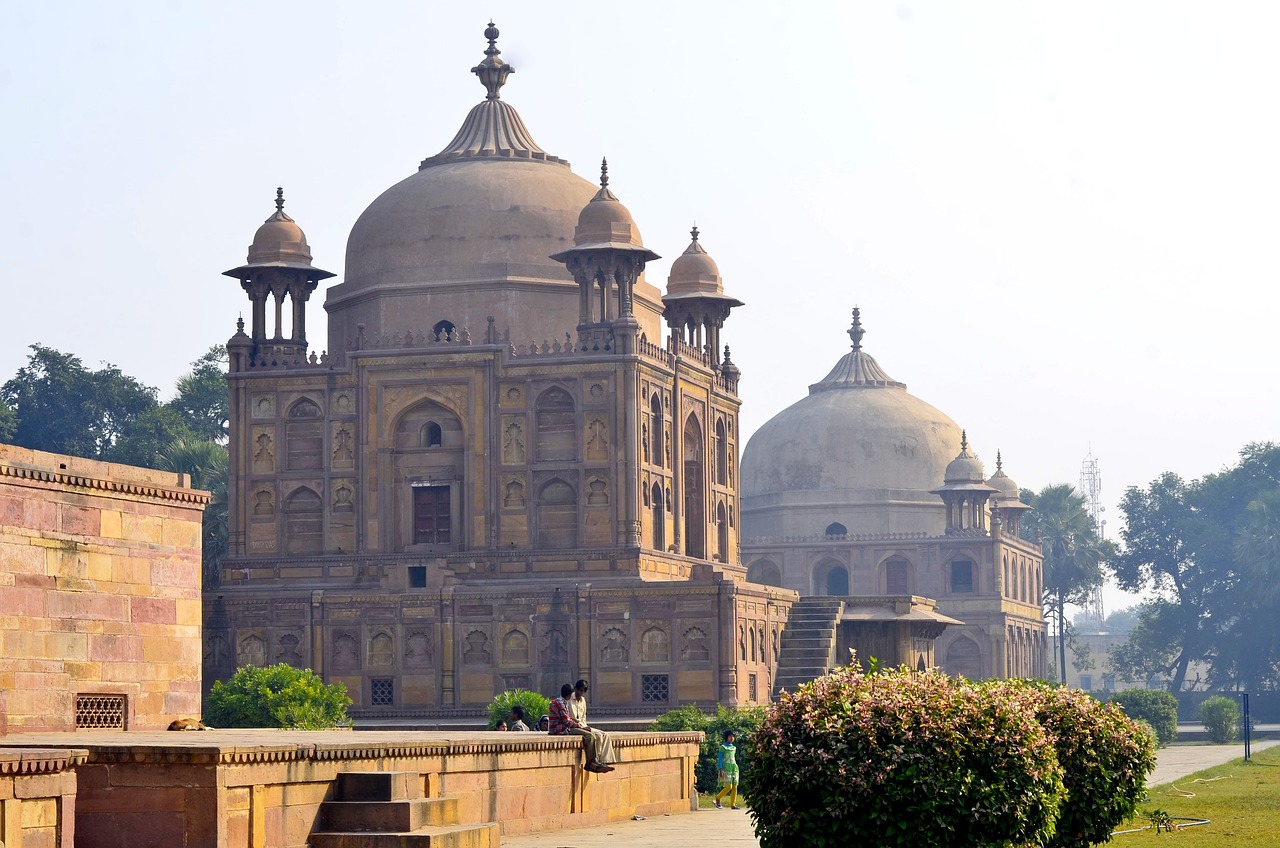Addressing Challenges in Securing Election Systems in Refugee Camps
betbhai9 sign up, radhe exchange, my laser247:Addressing Challenges in Securing Election Systems in Refugee Camps
As the world continues to witness an unprecedented number of people being displaced from their homes due to conflict, persecution, or disasters, it is crucial to ensure that democracy is upheld even in the most challenging of circumstances. One key aspect of this is securing election systems in refugee camps to guarantee fair and transparent voting processes. However, this task comes with its own set of unique challenges that must be addressed to uphold the integrity of elections in such settings.
In this blog post, we will explore the various challenges faced in securing election systems in refugee camps and discuss potential solutions to address them effectively.
The Importance of Securing Election Systems in Refugee Camps
Ensuring the security of election systems in refugee camps is vital for several reasons. Firstly, it upholds the right to participate in the democratic process for refugees, allowing them to have a say in the governance of their temporary living arrangements. Secondly, secure election systems help prevent fraud and manipulation, ensuring that the results accurately reflect the will of the people. Lastly, by securing election systems, trust in the electoral process is maintained, fostering confidence in the overall democratic system.
Challenges in Securing Election Systems in Refugee Camps
1. Limited Infrastructure: Refugee camps are often located in remote areas with limited access to technology and infrastructure. This can make it challenging to set up secure and reliable election systems, including voter registration databases, polling stations, and communication networks.
2. Lack of Identification Documents: Many refugees may not have official identification documents, making it difficult to verify their identity and eligibility to vote. This can lead to voter fraud and undermine the integrity of the election process.
3. Security Risks: Refugee camps are often volatile environments with limited security measures in place. This creates opportunities for external actors to interfere with the election process, either through intimidation or violence.
4. Language and Cultural Barriers: Many refugees come from diverse backgrounds and may speak different languages or have different cultural norms. This can create challenges in ensuring that election information is effectively communicated and understood by all participants.
5. Limited Participation: Due to various factors such as mobility restrictions, lack of awareness, or fear of reprisals, some refugees may choose not to participate in the electoral process. This can lead to skewed results and undermine the credibility of the election.
6. Data Privacy Concerns: With limited resources and expertise in data security, refugee camps may be vulnerable to cyberattacks or data breaches that compromise the privacy of voter information.
Solutions to Addressing Challenges
1. Mobile Voting Units: Establishing mobile voting units that can travel to different parts of the refugee camp can help increase access to the electoral process for all residents. These units can also be equipped with secure technology for voter registration and ballot casting.
2. Biometric Identification: Implementing biometric identification systems can help verify the identity of voters accurately, even in the absence of traditional identification documents. This can help prevent fraud and ensure that only eligible individuals participate in the election.
3. Security Training: Providing security training to election officials, camp staff, and residents can help raise awareness about potential security risks and how to mitigate them. This can help deter external interference and ensure a safe voting environment.
4. Multilingual Outreach: In order to reach all residents of the refugee camp, election materials should be translated into multiple languages and disseminated through various channels, including community meetings, radio broadcasts, and posters.
5. Civic Education Programs: Conducting civic education programs that explain the importance of voting, the electoral process, and the rights and responsibilities of voters can help increase participation and build trust in the election system.
6. Data Encryption: Implementing robust data encryption protocols for voter information can help protect against cyber threats and ensure the privacy of sensitive data. Regular audits and security assessments can also help identify and address any vulnerabilities.
In conclusion, securing election systems in refugee camps is essential to uphold democracy and ensure fair and transparent voting processes for all residents. By addressing the unique challenges faced in such settings and implementing innovative solutions, we can help safeguard the integrity of elections and promote trust in the democratic system.
FAQs
Q: How can I get involved in securing election systems in refugee camps?
A: You can volunteer with organizations that work on democracy and governance issues in refugee settings or support initiatives that promote fair and transparent elections in such environments.
Q: What role can technology play in securing election systems in refugee camps?
A: Technology can facilitate voter registration, verification, and ballot casting, as well as enhance communication and data security. However, it is essential to ensure that technology is accessible, reliable, and secure for all participants.
Q: How can I learn more about the challenges and solutions in securing election systems in refugee camps?
A: You can explore research articles, reports, and case studies on this topic, as well as attend conferences and webinars organized by relevant organizations and experts in the field.







